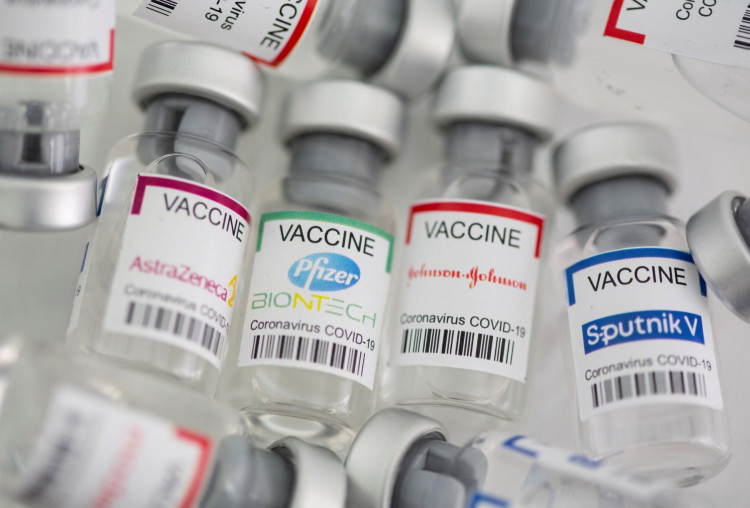In an extensive study conducted by the Global Vaccine Data Network and analyzed by researchers across eight countries, COVID-19 vaccines from Pfizer, Moderna, and AstraZeneca have been associated with rare but increased occurrences of certain heart, brain, and blood disorders, as reported by Bloomberg News. The peer-reviewed research, which encompasses data from 99 million vaccinated individuals, marks the largest investigation of its kind into vaccine safety, offering a nuanced view of the vaccines' adverse event profile since their global rollout.
The study, published in the journal "Vaccine," highlighted instances of myocarditis-an inflammation of the heart muscle-following doses of mRNA vaccines developed by Pfizer-BioNTech and Moderna. Notably, the second Moderna dose exhibited the highest relative increase in expected cases of myocarditis, at 6.1 times the anticipated rate. The research also identified a significant rise in the risk of pericarditis, another heart condition, particularly after the third dose of AstraZeneca's viral-vector vaccine, and to a lesser extent, following Moderna's first and fourth doses.
Further findings pointed to an elevated risk of Guillain-Barre syndrome, a rare autoimmune disorder, and specific types of blood clots in the brain, particularly among recipients of AstraZeneca's vaccine. The study also flagged potential safety signals for acute neurological conditions such as transverse myelitis and acute disseminated encephalomyelitis following both viral-vector and mRNA vaccinations.
Despite these findings, experts emphasize the relative rarity of these adverse events and the overarching benefits of vaccination. Jacob Glanville, CEO of biotechnology company Centivaix, not involved in the study, stated to Forbes, "The odds of all of these adverse events are still much, much higher when infected with SARS-CoV-2 (COVID-19), so getting vaccinated is still by far the safer choice." This sentiment is echoed by Dr. Marc Siegel, a clinical professor at NYU Langone Medical Center, who highlighted the importance of weighing the vaccines' rare side effects against the more significant risks posed by the virus itself, especially in high-risk groups.
With over 13.5 billion COVID-19 vaccine doses administered globally, the study's vast scale enhances the ability to detect even very rare adverse events, providing valuable insights into the safety profile of these vaccines. Lead author Kristýna Faksová of the Department of Epidemiology Research, Statens Serum Institut in Denmark, noted the significance of the study's population size in identifying potential vaccine safety signals.
As the world continues to navigate the pandemic and its evolving challenges, including new variants and the "tripledemic" of COVID-19, flu, and RSV, the findings reinforce the critical role of vaccines in preventing severe illness, hospitalization, and death from COVID-19. The research underscores the necessity of ongoing surveillance and analysis to ensure informed decision-making in public health strategies.






